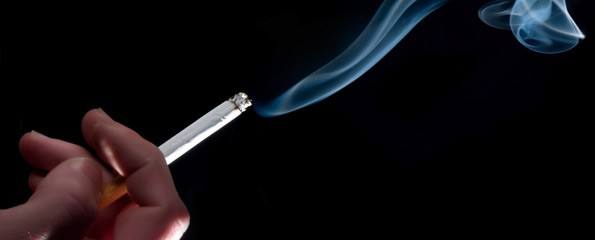Program to reduce secondhand smoke exposure for infants
A study to investigate whether a hospital-initiated behavioral therapy program conducted in the neonatal intensive care unit (NICU) can reduce secondhand smoke in homes with infants at risk for pulmonary problems has been launched by researchers at The University of Texas Health Science Center at Houston (UTHealth).
The $2.2 million, five-year study will compare a more in-depth program to reduce infant secondhand smoke exposure with conventional care practices currently used in the Children’s Memorial Hermann Hospital.
“People have a lot of misinformation,” said Angela Stotts, Ph.D., associate professor and director of research in the Department of Family and Community Medicine at the UTHealth Medical School. “They know that smoking is bad but not why. Secondhand smoke exposure leads to longer hospital stays, asthma, ear infections, respiratory infections and sudden infant death syndrome.”
Stotts and fellow researchers will enroll a total of 396 low-income families who report a household smoker and have an infant at high respiratory risk in the NICU.
“Because smoking remains concentrated in less educated and impoverished communities, NICU families with household smokers are at significant risk for tobacco-related health disparities – a substantial burden to families with limited resources and the communities in which they reside,” Stotts wrote in the study’s abstract.
Study participants are randomized to one of two groups and both receive the standard educational information about the dangers of secondhand smoke. Families in the more intensive program also have four one-hour counseling sessions – two at the hospital and two at their home after discharge – and incentives for attendance and establishing a home smoking ban. Infant urine cotinine tests and household air nicotine monitors will be used to assess secondhand smoke exposure.
“This will be the first study of an innovative combination of motivational strategies to discourage household secondhand smoke within the context of a NICU to improve the health of vulnerable infants and their families, potentially saving health care dollars,” Stotts said.
Source: UT Health
Dates
Tags
Created by:

 Login
Login














